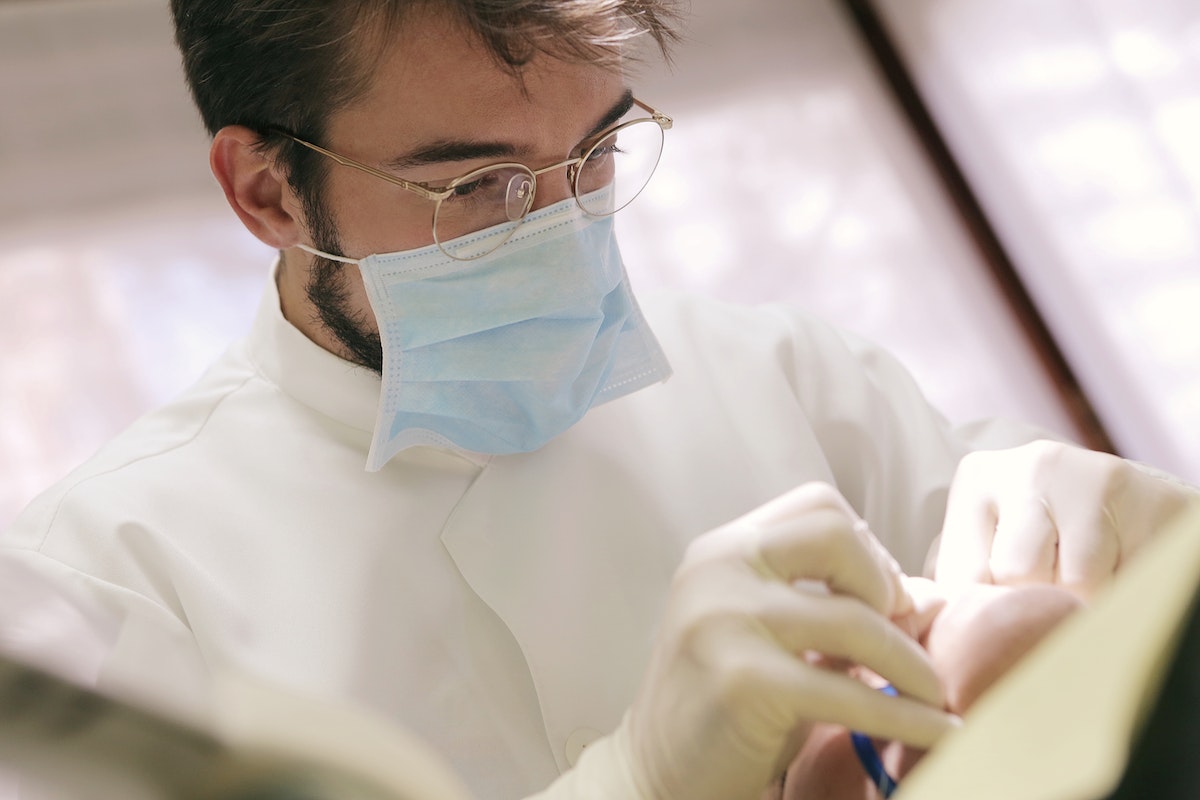
It is important to visit the dentist on a regular basis so that any dental issues can be detected early on and treated successfully before they have an irreversible effect on your teeth. Tooth decay and gum disease are the main causes of tooth extractions or missing teeth. Although tooth replacement has advanced significantly in the last few decades it is better to restore and preserve your natural teeth than replace them with prosthetics. There are a wide range of restorative dental treatments available and if you visit your dentist regularly then you can prevent irreversible issues. Unfortunately if you do have to undergo a tooth extraction or your tooth falls out as a result of tooth decay, gum disease or an injury to your mouth, then most dentists recommend that dental implants Ryde are the best way to replace your missing teeth.
What are dental implants?
Dental implants are the gold standard in replacing missing teeth. They are made up of three parts: the implant, the abutment and the crown to replace your missing tooth. Dental implants are made of medical grade titanium. This means that they are light, very strong and they are also biocompatible which makes them the best choice for oral implants. Used in aeroplanes and rockets, the titanium in dental implants provides you with the strong foundation that is necessary for successful tooth replacement. Allergies with titanium are very rare and it is also non-corrosive. Dental implants initiate a natural bodily function known as osseointegration. The implant is inserted into the bone socket of your missing tooth and osseointegration occurs, which is a healing process that causes bone tissue to grow around the implant so that the implant becomes fused within the bone and cannot be separated unless the bone is fractured. This means that dental implants have added strength and stability providing a permanent solution to replacing your missing teeth.
Dental implant surgery
Dental implant surgery involves drilling a small hole into the bone socket of your tooth to insert the implant. This is carried out under anaesthetic and although you may feel a slight vibration and pressure in the mouth you will not feel any pain or discomfort. For patients who suffer from anxiety or dental phobia you can speak to your dentist and find out about other sedation techniques that may be available for you. Once the implant has been placed into the jaw the gum is stitched back into place so that the healing process can begin.

Can I replace my teeth immediately?
In some cases you can speak to your dentist about a temporary replacement for your missing tooth. This can be carried out for front teeth but it may not be suitable for molars. Even so it will only be possible if you have neatly aligned teeth, a good bite and no other underlying issues, however, it will still be at your risk and if possible it is better to wait for the implant to heal to replace the tooth. Speak to your dentist to find out more about replacing your missing teeth with dental implants and enjoy a healthy and happy smile for a long time.
Any surgical or invasive procedure carries risks. Before proceeding you should seek a second opinion from an appropriately qualified health practitioner.
Leave a Reply